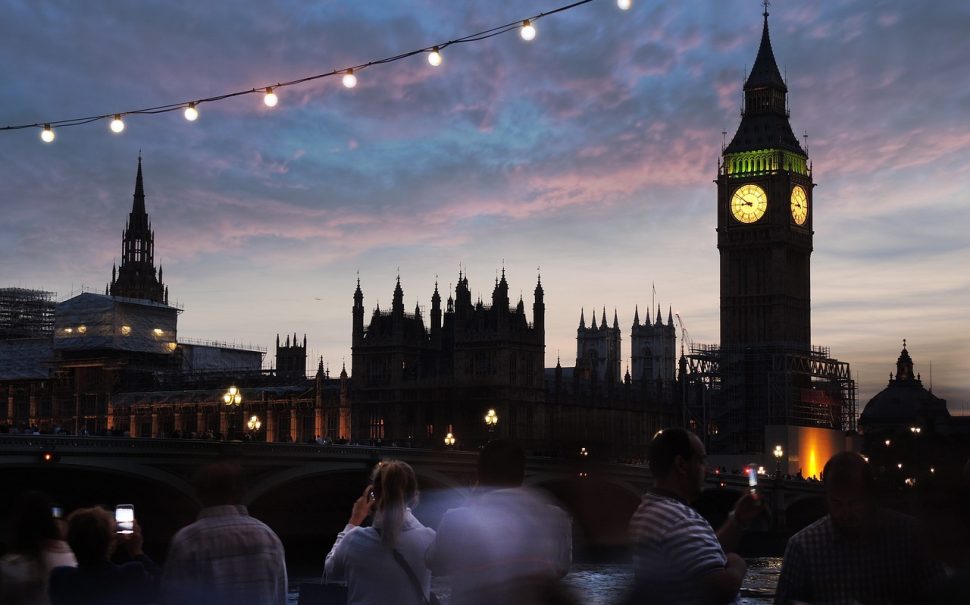Residents and business owners are split over what impact of Westminster City Council’s new strategy to revive London nightlife will have.
The Westminster After Dark Strategy focusses on making the hours between 6pm and 6am safer and more accessible, while supporting existing and creating new entertainment opportunities.
The council announced the new approach on March 13 and it is designed to redress residential concerns, yet many business owners argue it will only continue to harm the nightlife industry.
Soho Business Alliance (SBA) advisory board member and licensing lawyer and Alun Thomas said: “The report has a few soundbites where they try to sprinkle a little sunshine from the entertainment and culture point of view, but in reality it just pours rain on it.
“Prioritising residents and prioritising businesses in the same sentence, that is like oil and water.”
The proposed late-night entertainment zones would shift nightlife from Soho and the West End to the Strand, Oxford Street and Victoria Street.
Businesses claim nightlife culture and economic potential will be harmed if the council prioritises new areas which are less popular with those who go out.
Businesses further claim the report’s tone is contradictory in that the council cannot hope to continue the historic, cultural value of London if entertainment venues get pushed out.
Thomas said: “I can’t remember anyone saying lets go out and have a big night out on the Strand.”
“This presented a unique opportunity to do something with culture in the West End and I think it’s an opportunity that’s been missed.
”These [late-night entertainment zones] have been chosen from a residential point of view but everything will go full circle, residents will complain there and they’ll be no growth in entertainment.”
Over 211,000 people live in Westminster.
London nightlife businesses are conerned their needs and opinions will be sacrificed in order to support residential complaints.
Soho Estates and SBA director John James said: “It’s only the residents who complain that are considered [by the Council] not the masses of residents who do not.
“Restrictive practices actually prevent late night entertainment. What these consultations don’t do is actually ask the people who enjoy a good night out.”
“Encouraging small businesses is impossible if even a five-star hotel bar in the West End can’t be open past Midnight.
“The balance can’t be you can’t do that.”
According to the Night Time Industries Association (NITA), London saw a 19.75% decline in the amount of nightclubs between March 2020 and November 2024.
Westminster Council insisted it is seeking to find a fairly weighted balance between residential concerns and businesses demands.
Councillor Aicha Less, deputy leader and cabinet member for children and public protection, said: “Westminster is an inclusive liveable city, we are not taking away anything but putting forward an additional offering.
“We want to work hand in hand in collaboration with residents, businesses and anyone who visits the city.”
The strategy will work across five pillars to bolster London nightlife’s economy while striving to make it safer, more accessible, environmentally friendly and celebrating cultural diversity.
In response to the criticism that nightlife is being pushed out to suit residential complaints, Less said: “This strategy covers all of Westminster not just the West End.
“We don’t want a going out atmosphere to move, we are just making it more accessible than before.”
Less emphasised the focus of nightlife strategy between hours of 12am-3am would be on the residents.
In this window, the strategy states residential maintenance would begin such as bin collections, and noise would be reduced due to some entertainment venues closing down.
The After Dark strategy is open for consultation until 22 June.
Less said: “Residents need a peaceful night’s sleep.
“Bad sleep blights lives and leads to mental health problems.
“Everyone has the right to have their say, Westminster is at the heart of London and the country.”
The strategy follows London Mayor Sadiq Khan’s push for a 24-hour London and launch of his inaugural Nightlife Taskforce last month.
Nightlife Taskforce member, radio host and DJ Lily London is one of 11 members who will look at the obstacles and opportunities the night time economy faces and find improvements over the next six months.
She recognised the struggles the industry has faced were only made worse by the Covid-19 pandemic, which shifted lifestyles as well as finances.
London said: “I’ve had some of the best nights of my life, learnt so much about myself, music and culture, all thanks to nightlife in London.”
“All the new policies and restrictions are really felt. Clubs, pubs and bars close earlier, residents are causing a huge fuss, budgets and funding are tighter.
“It feels ten times harder to enjoy a night out now, it feels like our joy is being stolen.”
London is excited to engage with those in the city’s entertainment industry and has recently spoken to dancers, promoters and venue owners to gather feedback for the taskforce.
That feedback includes the needs for easier to access clubs, more affordable transport options and financial support for small businesses who state they have no choice but to charge high prices.
The average pint of lager in London costs 80p more than the national average.
London added: “The council needs to hear from the people using spaces in London, not just the residents who don’t.”





